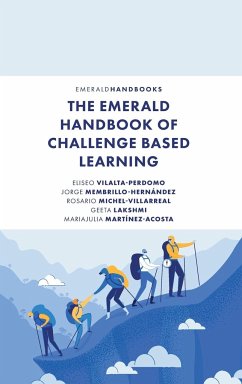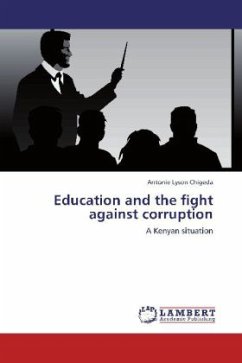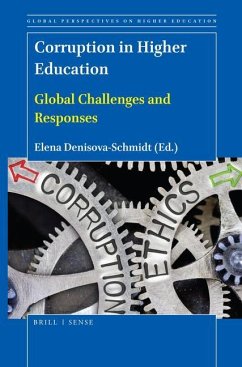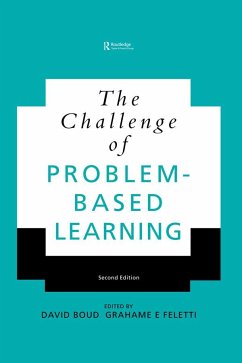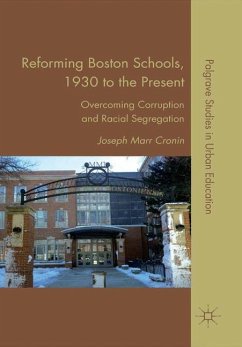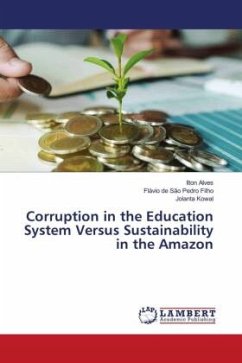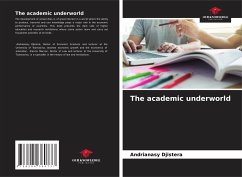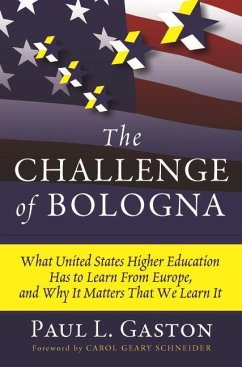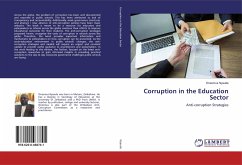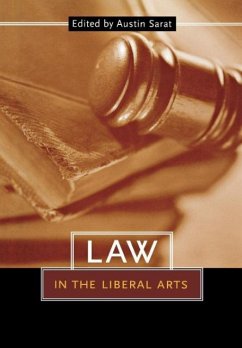Nigel Duncan is Professor of Legal Education, City Law School, City University, London, where he is programme director of the LLM in Professional Legal Skills and Academic Lead on Assessment for the university. He is a leading member of the Professional Programmes at City Law School, managing a full teaching share while writing, researching and being active on the global network of legal academics. He was brought into the then Inns of Court School of Law in 1989 to redesign the Bar Vocational Course. This was the first of the new generation of professional vocational skills courses, blazing a trail in skills teaching through simulation and practical experience. Through years of refinement and innovation it continues to be the leader in the field. Professor Duncan teaches on what is now known as the Bar Professional Training Course (BPTC), the LLM in Criminal Litigation and is programme director of the LLM in Professional Legal Skills. All courses involve working with students from a variety of jurisdictions. Professor Duncan is also an editor and co-author of two of the books in OUP's Bar Manuals series. The most widely read, Employment Law in Practice competes successfully in the general market and will be in its 10th edition in January 2012. He is a past Chair of the Association of Law Teachers, and has edited its influential journal, the Law Teacher, since 1994. He is active on the international scene, as a founder member of The Global Alliance for Justice Education (GAJE), and as a conference participant in diverse forums, including the International Bar Association and the International Legal Ethics Conference series. He specialises in legal education and legal ethics and established the interactive website 'Teaching Legal Ethics' (http://teachinglegalethics.org). He is currently a National Teaching Fellow of The Higher Education Academy, Secretary of the Academic and Professional Development Committee, International Bar Association, and an Honorary Fellow of the Society for Advanced Legal Studies. He is also a member of the Editorial Advisory Board of the Legal Education Review, the Advisory Board, University of London International Programmes and the Committee on Publication Ethics. He is an active researcher. Recent publications include 'Addressing lawyer competence, ethics, and professionalism' (with Susan Kay) in The Global Clinical Movement: Educating Lawyers for Social Justice, ed. Frank Bloch (OUP, 2010); 'Addressing emotions in preparing ethical lawyers' in Teaching and Reaching the Whole Student - the Impact of Emotions on Learning (and Teaching) the Law. Ed. Paul Maharg and Caroline Maughan (Ashgate, 2011); 'Preparing ethical lawyers: A prescription and a practical proposal' (2010) 13 Legal Ethics p. 79; Sally Hughes is an independent researcher and writer. In a career spanning legal practice, journalism and legal policy work, she has worked as an academic researcher in socio-legal studies at Bedford College, London University, and the London School of Economics; and as a legal affairs researcher for Legal Action Group (LAG) and the Law Society. She worked as a journalist and editor both for LAG and as a freelance, for the national broadsheet and legal press. She practised law for ten years first as a barrister, switching to the solicitors' branch of the profession in 1995, and specialised in public law focussing on human rights, and working with leading human rights specialists in Scott-Moncrieff Harbour and Sinclair; Leigh, Day (Solicitors); and Fisher Meredith, all practices at the cutting edge of legal development in the field. She has provided continuing professional education for lawyers and mental health professionals. She has substantial policy experience. In addition to her Parliamentary work with Legal Action Group, she was an executive member of the influential Society of Labour Lawyers for ten years, editing its regular news letter Justice for All, and worked for Mind (the National Association for Mental Health) as legal policy lead on social care, mental capacity and on new mental health legislation 2004-2006. She is an experienced presenter and writer of material at all levels for a wide range of audiences. In addition to numerous articles in the national and specialist legal press, she has written: "Reform of the judiciary", in Anthony Barnett, Caroline Ellis and Paul Hirst (eds), Debating the constitution, Polity Press, 1993 The circuit bench - a woman's place? A study of women's recruitment to the judiciary, 1991, The Law Society Helping Communities Cope with Crime, Councils for Voluntary Service - National Association, 1988.





